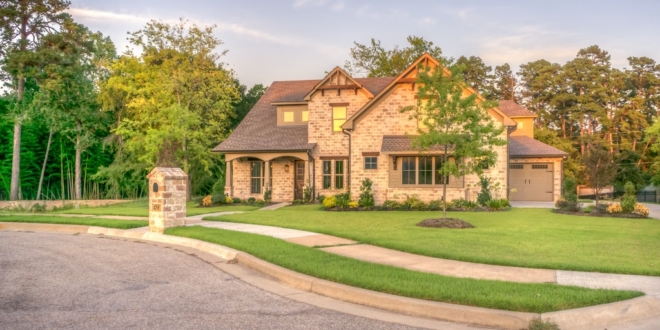Are you looking to buy a home and take advantage of historically low-interest rates? For many people, securing a mortgage is a critical first step toward the largest and most significant financial transaction of their lives, and the process entails several steps.
Improve Your Credit Score
Your credit score is intended to inform lenders how much you can be trusted to repay and how likely you are to keep up with your mortgage payments. In general, the lower your credit score, the higher your interest rate will be.
Know How Much You Can Spend
While it’s fun to fancy a dream home with all the bells and whistles, you should really only buy what you can afford. Calculating your debt-to-income ratio (DTI) is one way to figure out how much you can afford. The ratio is measured by dividing all of your monthly debt payments by your gross monthly income.
Build Your Savings
You should set aside a large amount to be able to afford your monthly housing expenses, which would include payments toward the mortgage principal, interest, insurance, and taxes, as well as upkeep.
Your down payment, on the other hand, should be your first savings goal. Even after you’ve paid the down payment, it’s a good idea to have the equivalent of six months’ worth of mortgage payments in your savings account.
Selecting the Best Mortgage
Now, it’s time to start looking for a lender, comparing interest rates and conditions, and finding the right kind of mortgage for your situation once you’ve built your credit and savings, and have a good idea of what you can afford.
The main types of mortgages include conventional loans, government-insured loans (FHA, USDA, or VA), and jumbo loans. For example, a first-time homebuyer would prefer an FHA loan, which requires a minimum credit score of 500 with a 10% down payment or a minimum credit score of 580 for as little as a 3.5% down payment.
Fixed-rate and adjustable-rate mortgages have interest rates that are either fixed for the life of the loan or change at predetermined intervals. They are most widely available in 15- or 30-year terms, though 10-, 20-, 25-, and even 40-year mortgages are also available.







